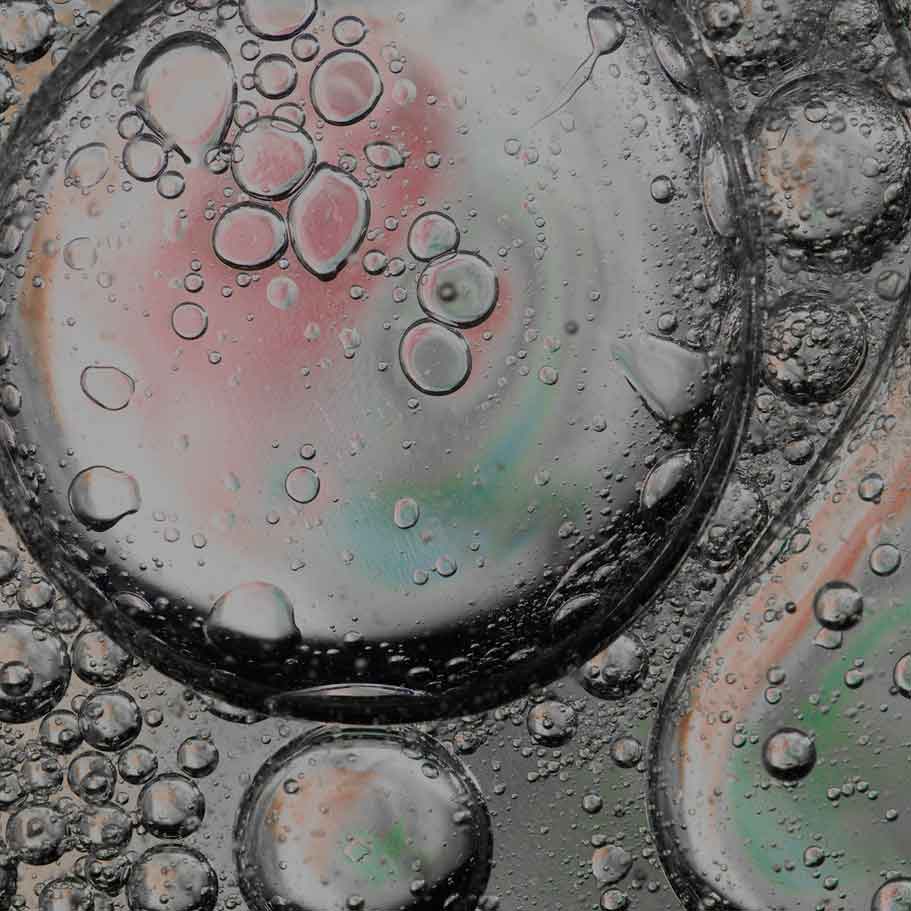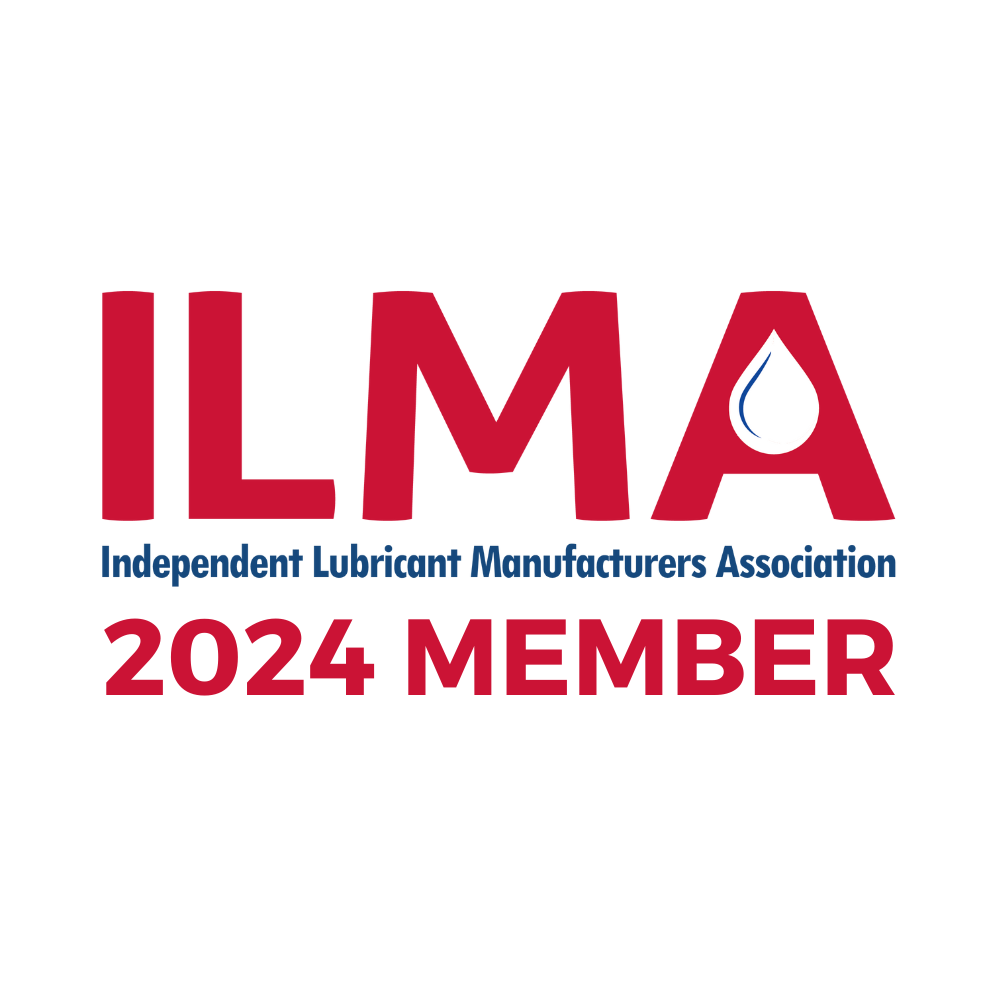

Frequently Asked Questions
Q: How does Polartech Concrete Mold Release work?
A: Polartech Concrete Mold Release forms a thin, non-sticky barrier between the concrete and the mold surface, allowing for easy release without compromising the quality of the concrete.
Q: Is Polartech Concrete Mold Release safe to use?
A: Polartech Concrete Mold Release is designed to be safe for use with concrete and most used mold materials. However, it is important to read and follow the safety precautions provided by the manufacturer.
Q: Can Polartech Concrete Mold Release be used for all types of concrete projects?
A: Yes, Polartech Concrete Mold Release is suitable for a wide range of concrete applications, such as overnight and heat assisted curing conditions including the casting of roof tiles, pipes and bridge sections.
Q: How long does the effect of Polartech Concrete Mold Release last?
A: The effectiveness of Polartech Concrete Mold Release can vary depending on factors such as temperature, humidity, and the specific mold or formwork used. It is recommended to reapply as needed for each casting.
Q: Why are lube additives used?
A: Lube additives are used to enhance the effectiveness and durability of lubricants in various applications. They can improve viscosity, reduce oxidation, protect against corrosion, enhance extreme pressure properties, and provide specific benefits based on the intended application.
Q: What types of lube additives are available?
A: There are various types of lube additives available, including anti-wear additives, detergent-dispersant additives, viscosity modifiers, anti-foaming agents, rust inhibitors, friction modifiers, and many more. Each type of additive serves a specific purpose in enhancing lubricant performance.
Q: Can lube additives be customized for specific applications?
A: Yes, lube additives can be customized and tailored to meet the specific requirements of different applications. Manufacturers work closely with customers to understand their needs and develop additives that address specific challenges or provide specialized performance characteristics.
Q: How do friction modifier additives work?
A: Friction modifier additives work by forming a thin, low-friction film on the surfaces in contact, reducing the friction between them. This film helps to separate and protect the interacting surfaces, allowing for smoother movement and reduced wear.
Q: Can lube additive manufacturers provide technical support and guidance?
A: Yes, we provide technical support, including formulation guidance, compatibility testing, performance data, and troubleshooting assistance. They can help customers optimize their lubricant formulations for specific applications.
Q: Can lubricating grease additives be customized for specific applications?
A: Yes, lubricating grease additives can be customized and tailored to meet the specific requirements of different applications. Manufacturers work closely with customers to understand their needs and develop additives that address specific challenges or provide specialized performance characteristics.
Q: How do gear oil additives benefit my gears?
A: Gear oil additives offer numerous benefits to your gears. Firstly, they provide enhanced lubrication, which reduces friction and heat generation. This results in smoother gear operation, improved efficiency, and reduced wear on the gears.
Q: What are drilling fluid additives?
A: Drilling fluid additives, also known as drilling mud additives, are specialized compounds that are added to drilling fluids to enhance their performance during oil and gas drilling operations. These additives serve various purposes, such as improving lubrication, stabilizing the wellbore, controlling fluid viscosity, preventing formation damage, and mitigating drilling challenges.
Q: What are industrial gear oils?
A: Industrial gear oils are specially formulated lubricants designed for use in various industrial gear systems. These gear oils are engineered to provide optimal protection, lubrication, and performance to industrial gears, including those found in heavy machinery, manufacturing equipment, and other industrial applications. Industrial gear oils play a crucial role in reducing friction, preventing wear, dissipating heat, and extending the lifespan of gears, ultimately ensuring smooth and efficient operation
Q: How do industrial gear oils benefit gear systems?
A: Industrial gear oils offer numerous benefits to gear systems. Firstly, they provide excellent lubrication, reducing friction between gear teeth and promoting smooth gear operation. This helps in minimizing wear, heat generation, and noise, ultimately extending the life of gears. Secondly, industrial gear oils offer superior protection against rust, corrosion, and oxidation, safeguarding gear surfaces from damage and ensuring long-term reliability.
Q:How often should industrial gear oils be changed?
A: The frequency of changing industrial gear oils can vary depending on various factors, including the type of gear system, operating conditions, and the specific gear oil used. As a general guideline, it's recommended to follow the manufacturer's recommendations for oil change intervals. Regular oil analysis and condition monitoring can help determine the optimal oil change frequency.
Q: What are synthetic lubricants?
A: Synthetic lubricants are advanced lubricating oils that are specially formulated through chemical synthesis. These lubricants are engineered to provide superior performance and exceptional protection to various machinery, engines, and equipment. Unlike conventional mineral-based lubricants, synthetic lubricants offer several advantages, including enhanced viscosity stability, improved resistance to high temperatures and oxidation, better low-temperature flow properties, and reduced friction and wear.
Q: What is corrosion protection?
A: Corrosion protection refers to the measures and techniques used to prevent or minimize the destructive effects of corrosion on various surfaces and materials. Corrosion is a natural process that occurs when metals or materials come into contact with moisture, air, or chemicals, leading to the deterioration of the material and potential damage to structures or equipment.





